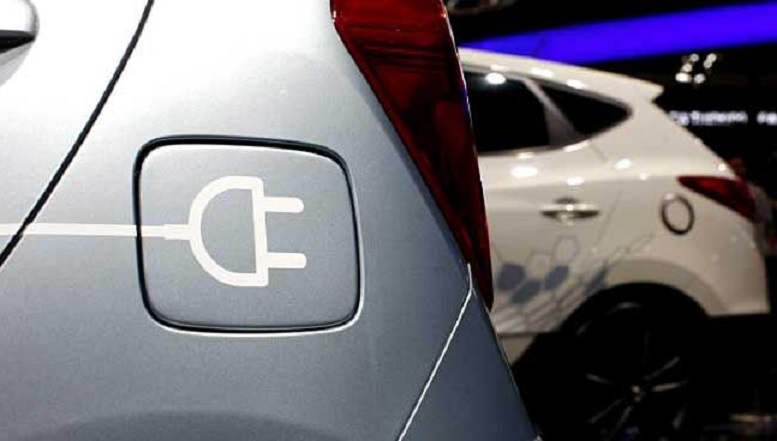Britain published a new plan for the improvement of air quality on Wednesday July 26th, 2017. The new strategy for cleaner air details Britain’s urge to ban new gasoline and diesel vehicle sales by the year 2040, further emphasizing Britain’s dedication to sustainable energy and better climate conditions.
Britain’s decision to eventually deviate from burning fuels is part of a conscious effort to reduce the environmental impact. However, such changes aren’t without major implications for the auto industry, society and the environment.
As Secretary of the Environment for the U.K., Michael Gove told BBC on Wednesday, “We can’t carry on with diesel and petrol cars… There is no alternative to embracing new technology.”
After Germany, U.K. reported the second-most registered cars in all of Europe in 2016 with 2.7 million.
In 2015, demand for EV’s and plug-in hybrids grew 40%. Although growing at an impressive rate, they accounted for less than 3% of the overall market, further emphasizing the importance of adaptation over the next two decades in order for Britain to reach their goal.
Experts are optimistic however, as they believe the sales of electric vehicles will continue their incredible trends.
David Bailey, a professor of industrial strategy at Aston Business School explained:
“Ending diesel and petrol car sales by 2040 is a step in the right direction but given that electric cars are coming anyway this is probably pretty irrelevant. It’s a bit like saying we’re banning the sale of steam engines by 2040.”
As common economics suggests, electric vehicles will receive a favourable boost in adoption once it becomes a more financially feasible alternative.
“Much depends on the cost of these new technologies and how willing consumers are to adopt battery, plug-in hybrid and hydrogen cars,” said Mike Hawes, CEO of the Society of Motor Manufacturers and Traders. “Consumers have concerns over affordability, range and charging points.”
Announced by the government on Wednesday, Britain’s 2040 deadline was part of a greater plan to reduce air pollution. The proposed plan, which has intentions to ensure that every vehicle on the road is emission free by 2050, has a roughly £1.4 billion ($1.8 billion) price tag.
Gove mentioned the various health repercussion associated with gasoline and diesel engines, as well as emissions that “accelerate climate change, do damage to the planet and the next generation.”
Polluted air means greater exposure to debris and other carcinogens that have been linked to health conditions such as cancer, asthma, stroke and heart disease, and many more. According to a study published by the Royal College of Physicians last year, air pollution is the source of roughly 40,000 deaths in Britain each year.
The problem is especially prevalent in larger cities. According to King’s College, London surpassed the annual nitrogen dioxide exposure limit placed by the European Union just 5 days into the new calendar year. The university estimated that there are about 9,400 premature deaths attributable to the air pollution.
Britain may have gotten their inspiration for change from France, as the country proposed the same initiative in early July. Coincidentally, the timelines set by each country matches up perfectly.
“We are quite rightly in a position of global leadership when it comes to shaping new technology,” Gove said.
However, the auto industry, which employs over 800,000 people in the U.K., is less optimistic of such a hard deadline.
CEO of British luxury automaker Aston Martin, Andy Palmer, explained that the abandonment of traditional engines demands a lot more planning and investment than perceived.
“To make a moonshot work, you need to have a NASA,” Palmer told CNNMoney. “If you don’t want to export jobs out of the U.K., you need to create that capability and that infrastructure … we’re a long, long way from having that capability today.”
Comparably, other countries are even more aggressive with their new plans to rid roads of gas-powered vehicles. For example, India currently has plans to halt sales of gas-powered vehicles by 2030.
However, manufacturers are trying to avoid bans being placed on diesel vehicles within German towns and cities. Representatives from German car companies will meet with government officials in early August to discuss the future of diesel engine technology.
Featured Image: twitter










